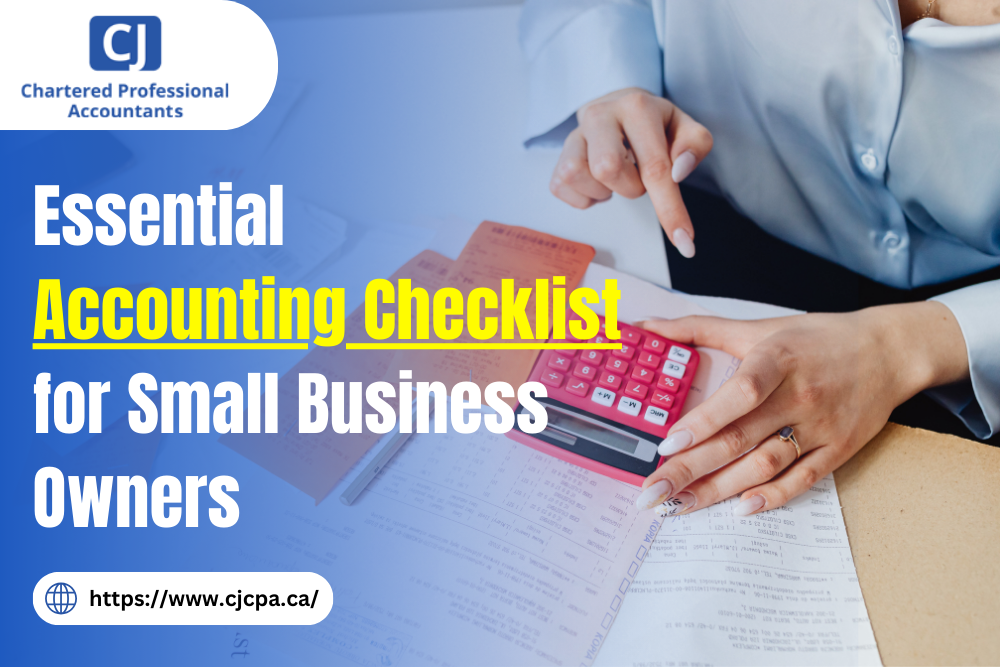How To Hire An Accountant For A Small Business? Detailed Guide
Stay updated with current accounting standards, business compliance, tax preparation tips, and latest news.

24 Oct 2025
Choosing the right accountant can make or break your business’s financial success. A skilled professional doesn’t just balance books, they help shape smart strategies, maintain compliance and identify opportunities for growth. Understanding how to hire an accountant for a small business ensures you’re not just finding someone to manage taxes but selecting a trusted advisor who understands your goals.
In this detailed guide, we’ll walk through practical steps on to hire an accountant for your business, explore why the right fit matters, and identify key qualities to look for before making your decision.
TL;DR
Looking to hire an accountant who can actually help your small business thrive? Begin by pinpointing exactly what your business needs from daily bookkeeping to tax strategy or financial planning. Check credentials, industry experience and how well they communicate complex financial concepts. Focus on long-term value rather than the lowest fee, since the right accountant isn’t just a service provider, they’re a strategic partner who keeps your business compliant, optimizes finances and supports sustainable growth.5 Steps on How to Hire an Accountant for a Small Business
Step 1 – Define Your Accounting Needs
Before you start searching, clarify what kind of support you need. Do you require help with bookkeeping, tax filing, payroll or full-service financial management? Knowing your needs ensures you hire an accountant whose expertise aligns perfectly with your business stage and complexity. Defining your scope early prevents overspending or hiring someone whose skills don’t match your requirements.Step 2 – Check Credentials and Certifications
When you are hiring an accountant for your small business, qualifications matter. Look for professionals holding certifications such as CPA (Chartered Professional Accountant), CA (Chartered Accountant) or CMA (Certified Management Accountant). These designations ensure your accountant is properly trained and registered, giving you confidence in their accuracy, ethics and reliability. Always verify their credentials and check whether they’re in good standing with provincial accounting bodies.Step 3 – Assess Industry Experience
An accountant familiar with your industry can make a world of difference. For instance, construction, hospitality, logistics or retail each have unique expense categories, tax rules and compliance requirements. When finding an accountant for your small business, prioritize professionals who understand your sector’s standards and challenges, it leads to more accurate reporting and proactive financial advice.Step 4 – Evaluate Communication and Technology Skills
Modern accounting goes hand in hand with technology. The best accountants use cloud-based tools like QuickBooks, Xero or Zoho Books to provide real-time insights and error-free reporting. Just as important is communication, your accountant should explain financial matters in plain language and proactively update you about key deadlines or opportunities.Step 5 – Compare Reviews and Value
When comparing accountants, don’t let cost alone drive your decision. A low fee may seem attractive but quality professionals often save you more through optimized tax strategies and reduced errors. Read online reviews, ask for references and assess the overall value offered. The best accountant delivers measurable results, not just reports, making your investment worthwhile in the long term.Why Hiring the Right Accountant Matters for Small Businesses
Hiring the right accountant is one of the smartest decisions a small business can make. Beyond balancing books, accountants play a key role in strategic planning, cash flow management and financial forecasting. They help you understand where your money is going and how to allocate resources more effectively. Choosing the wrong accountant, however, can lead to serious issues like compliance errors, missed deductions or poor tax planning. For example, proactive accountants often identify tax-saving opportunities months before deadlines, giving small businesses the breathing space to plan efficiently. In short, the right professional protects your finances while empowering your growth.Key Qualities of a Good Small Business Accountant
When deciding to hire an accountant for your small business, focus on these essential qualities:- Analytical and detail-oriented: They ensure precision in every transaction and statement.
- Proactive and communicative: They don’t just report problems, they suggest timely solutions.
- Trustworthy and transparent: You can rely on them for honest advice and data integrity.
- Knowledgeable about local tax laws: Familiarity with Canadian small business tax codes ensures compliance and maximizes deductions.


